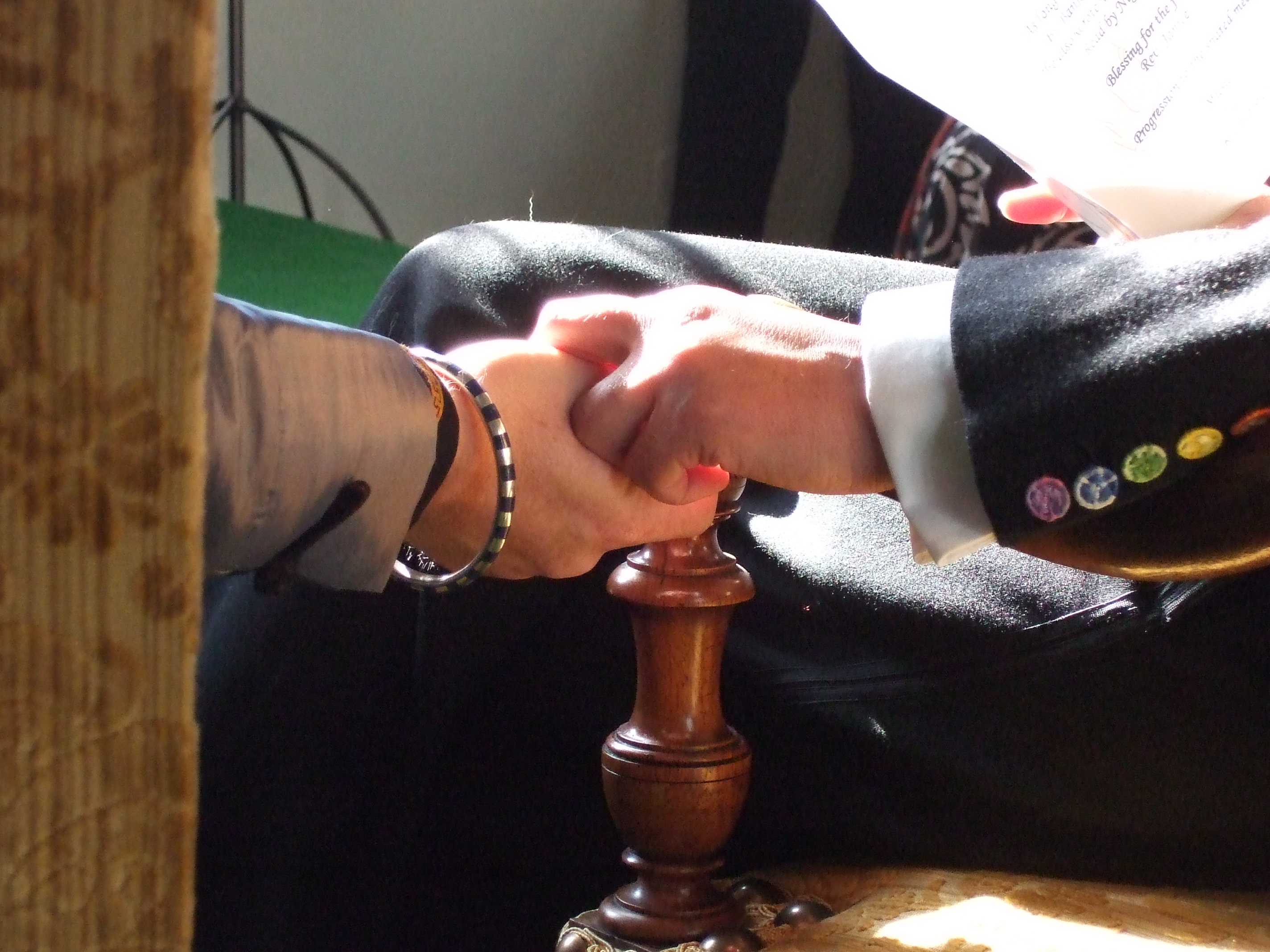
The figures speak for themselves.
On instagram the term #expatmom has been used 77.7k times, whilst #expatdad only 1000+.
Then there’s
#expatwoman 103k
versus
#expatman 100+
Interesting figures eh?
Clearly expat women are using instagram a lot compared to men, but I’m not sure it’s that simple.
I have a lot of questions.
- Is it because women are more commonly the accompanying partner and have to create and claim their own identity?
- Is it because men just simply communicate differently to women?
- Is it because accompanying partners (mostly women) are the primary care giver for children and therefor name their role?
- Is it because social media is a way of keeping in touch with family ‘back home’. Perhaps it’s women who maintain the family connections more?
- Is it because men don’t give a shit about social media?
- Is it because Instagram focuses on filters, manufactured life, and beauty and those standards are still placed heavily on women to conform?
- Is it because men do not know what hashtags are?
- Is it because….nothing…. I’m looking for answers where there are none?
It’s more than gender.
As of October 2020, women ranked higher than men in their instagram usage in all age brackets, except 25-34, where men were 0.6% higher. None of the age groups had more than a 2% difference.
So we know that the difference in #expatman and #expatwoman is not based on the male vs female. These figures are also exceptually binary and do not acknowledge the diversity of all genders.
So it must be to do with being an expat…
A 2011 study confirmed that ‘female expatriates are better adjusted than males overall and significantly so in the areas of building and maintaining relationships with host nationals’.
But that’s old data you say. Things are different now.
No they’re not.
In 2018, the International Federation of International Movers referred to research which revealed that 71% of men were accompanied by wives/partners, compared to only 26% of female expats.
That’s a big difference!
Progress in expatriate gender equality is slow – and even slower for same-sex couples where homosexual ‘activity’ is still illegal in 73 countries.

The presence of unconscious gender bias limits opportunities for women. Whilst 40% of the global workforce are women, only 15-25% of international assignees are women (2017 data).
To add insult to injury, 80% of male employees believe their company to be gender neutral whilst only 44% of women believe the same (2017 data).
This goes some way towards explaining the different roles that men and woman are experiencing in overseas postings.
However, regardless of who takes the lead assignment, that 71% of men who are accompanied by their female partners are still #men and #dads. Those roles do not diminish just because they’re the ‘lead’ person for the assignment.
Instagram is not the be all and end all of communication, but it does raise some interesting questions.
There’s certainly something different happening in how men and woman express their experiences of an overseas posting.
So what do we know?
- Men are pretty much equally interested in using social media compared to women
- Men do actually use hashtags, albeit they use them differently – ‘observations’, rather than women’s more expressive/conversational hastags
- Women are less represented in the lead assignment
- Men are still #expatdad and #expatman regardless of being the assignment lead
What’s left?
I believe it comes down to communication style and the need to create purpose in one’s life.
I don’t want to fall victim to gender stereotypes, as there are enormous variations in the norm.
However, as a general rule (and don’t bust my balls here), women look to communication to create connection and to build relationships. Men are more about negotating status and independence (offering advice etc).
So if instagram is anything to go by, female accompanying spouses are working hard to create connection and build a life.
They’re digging deep. They’re fighting hard for their families. They’re creating purpose through helping the community and building their portable businesses. They’re adapting. They’re succeeding. And they’re building relationships rapidly so that the sense of ‘home’ arrives quickly before it is taken again with a new assignment.
And they do this with the knowledge of SONDER.
SONDER
– The Dictionary of Obscure Sorrows
n.
The realization that each random passerby is living a life as vivid and complex as your own—populated with their own ambitions, friends, routines, worries and inherited craziness—an epic story that continues invisibly around you like an anthill sprawling deep underground, with elaborate passageways to thousands of other lives that you’ll never know existed, in which you might appear only once, as an extra sipping coffee in the background, as a blur of traffic passing on the highway, as a lighted window at dusk.
I love this more than I can express.
I champion the women who do it naturally and
I champion the incredible women who adeptly create ‘home’ on a regular basis with ever changing parameters.
Cath x































































